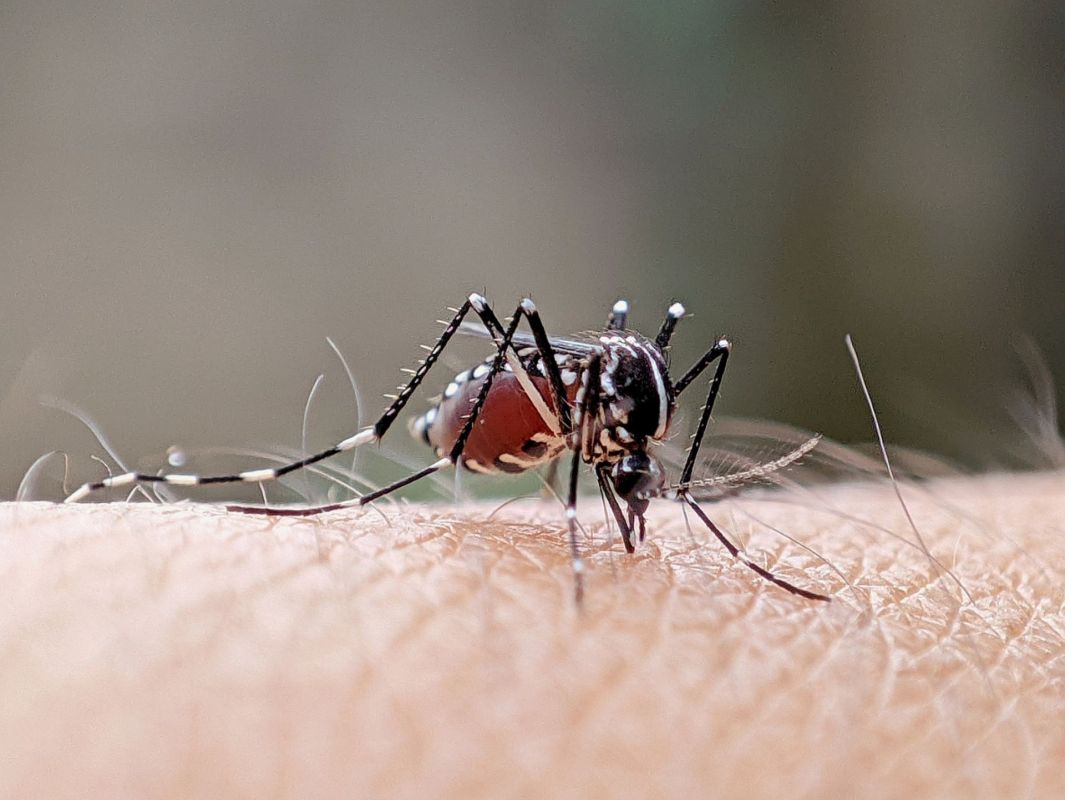Over the last century, the mosquito-borne West Nile virus has become a widespread problem. Originally found in Uganda in 1937, it spread to the U.S. in 1999 and has also reached other areas of Europe and Asia, mainly in the warmest regions, according to MedlinePlus.
As the world heats up due to air pollution, experts predict that the virus will travel farther and become more common than ever before, The Washington Post reported.
What's happening?
West Nile virus is transmitted through mosquito bites, the Post explained. It can't jump between people but stays in the environment by cycling between mosquitoes and birds.
When a mosquito carrying the disease bites a person, they can become infected. Most won't experience symptoms, but some suffer from headaches, joint pain, rashes, vomiting, diarrhea, or fatigue, which can last weeks or months in severe cases. In the worst cases — about one in 150 — patients experience dangerous swelling in the brain or spinal cord.
Last year, there were 1,126 reported cases of West Nile virus in the U.S. and 90 deaths, according to the Centers for Disease Control and Prevention (CDC). In 2023, Europe has seen over 40 cases and three deaths, as the Post reported figures from the European CDC.
Why do these numbers matter?
At first glance, 90 deaths in one year doesn't seem like very many, and it's true that only one in 150 West Nile virus patients experience the worst symptoms. However, the problem is growing.
As the world gets warmer, mosquito populations increase, the virus multiplies more quickly, and regions that were once free of the disease suddenly begin to experience it, the Washington Post reported.
Stephen Ray, clinical lecturer in pediatric infectious diseases at the University of Oxford, told the Post, "I think there is a genuine concern that numbers are on the rise. … It's a real risk."
He also said that a hotter world will make it "inevitable" that tropical diseases, in general, will start to spread.
"Rising temperatures due to climate change have extended the geographical distribution and the length of the transmission season, resulting in more infections both in previously affected and unaffected regions," said Laura Martin-Sancho, a lecturer in molecular virology and researcher at Imperial College London.
"This trend is only set to continue following current climate change rates, and the number of human infections is expected to increase five times by 2060," she added.
What's being done about the West Nile virus?
Currently, there is no vaccine for this disease, the Post reported. However, most people who contract the West Nile virus will recover on their own.
To avoid getting it in the first place, it's recommended you prevent mosquito bites as much as possible with bug repellent and mosquito nets.
Join our free newsletter for cool news and cool tips that make it easy to help yourself while helping the planet.









